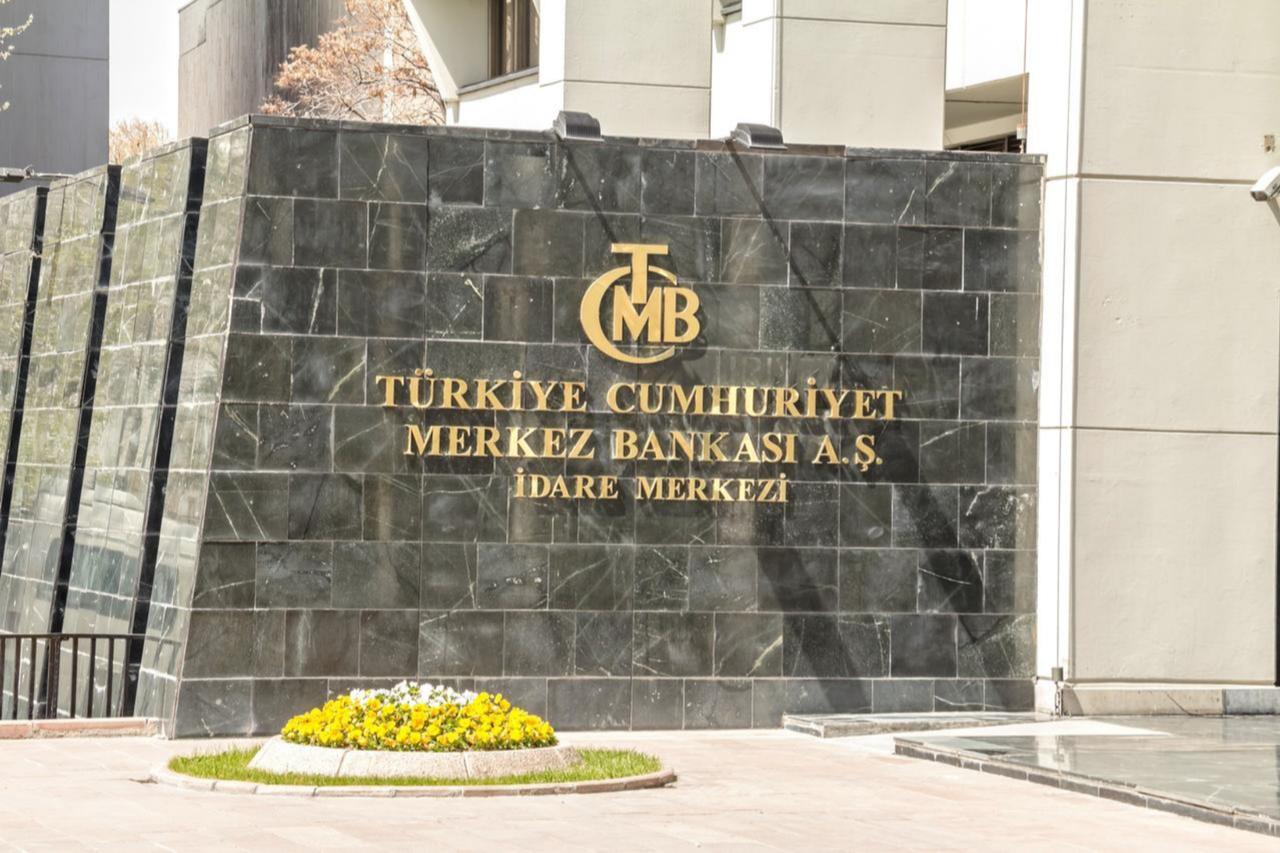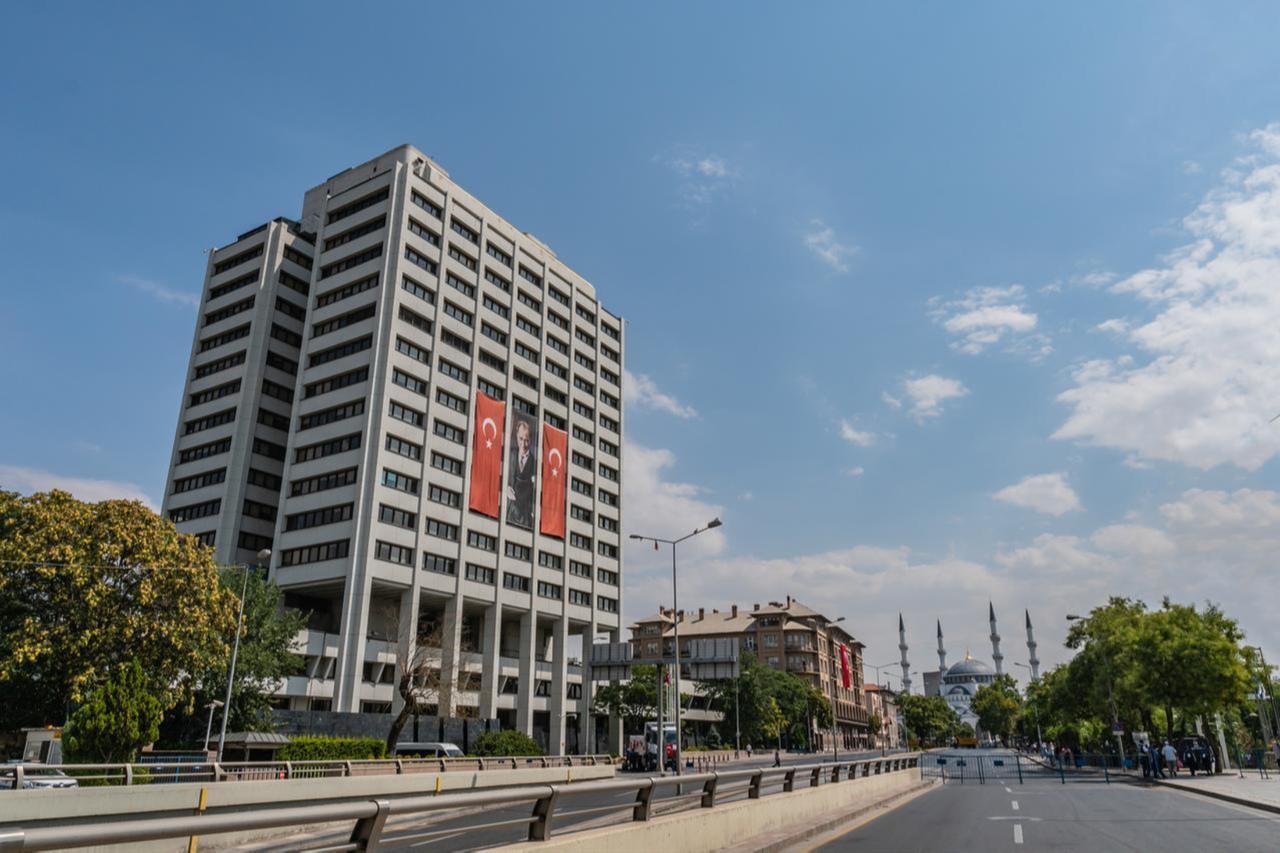
The Turkish government has ended the foreign currency-protected Turkish lira deposit scheme introduced in 2021 to curb domestic foreign currency demand, according to a communique published in Saturday's Official Gazette.
The move halts both new account openings and the renewal of existing ones, according to the decision.
As of the week ending Aug. 15, the total amount of FX-protected deposits in the Turkish banks dropped by ₺17.96 billion ($438.72 million) to ₺440.56 billion ($10.76 billion), the Banking Regulation and Supervision Agency (BRSA) reported.
According to a press release from the Turkish central bank, foreign exchange–protected deposit accounts, also known as KKM, will be phased out as they reach maturity.
"Accounts opened prior to this date will remain valid until their maturity, following which the relevant communiques will be repealed," the bank said.
"The total target for KKM accounts’ transition to the Turkish lira and renewals has been abolished," the central bank noted, confirming changes to banking rules tied to the phase-out. "Accordingly, the CBRT has revised its regulations on reserve requirement remuneration and commission practices," it said.

The foreign currency–protected Turkish lira deposit scheme was introduced in December 2021 as Türkiye sought to shield the lira from sharp fluctuations, particularly against the U.S. dollar, which had appreciated by 44% that year amid inflation reaching 36.1%.
The scheme allowed residents to place their savings in lira accounts while receiving compensation linked to exchange rate movements, thereby limiting incentives for holding foreign currency.
However, the policy harshly have been criticized by economists because of its notable impact on widening the government debts.

The scheme’s total size peaked at more than $140 billion in August 2023 before sliding to $32.5 billion at the start of 2025, driven by the Turkish central bank’s measures to limit new inflows and a sharp rise in lira deposit interest rates to around 50%, which shifted investors’ focus.
In January, the Turkish central bank decided to halt the opening and renewal of FX-protected deposit and participation accounts — converted from foreign currency and gold — with maturities of six and twelve months.
The scheme is estimated to have cost the Turkish government and the central bank over $60 billion, according to Turkish media.